Hello readers,
If today’s letter looks familiar, you must be one of the (fewer than usual) subscribers who opened my essay posted end of last month and also someone who read all the way to the end of that long story to find the book menu.
The story of Casa Alitas and L.C. still feels important to me, and I wanted to share it, but it’s also a bit tangential to the main purpose of The Booktender— so if you read it, I sincerely thank you so much for taking the time to read something a bit beyond what you signed up for.
It’s behind the paywall on my site now, so this letter is a bit of a re-do for two reasons. First: I got so focused on sharing L.C.’s story as a prelude to the monthly book list that I accidentally left off one of my 10 favorite books under 200 pages I read in 2024, Signs Preceding the End of the World by Yuri Herrera. It’s the one that inspired me to create this themed menu in the first place so I can’t believe I didn’t include it. It’s 108 pages in English translation, so it’s definitely not too late to add it to your February reading list if it sounds interesting to you.
Second: I like to keep these menus as free posts on my Substack site for anyone to discover book suggestions, while the essays are meant for subscribers who exchange some energy by at least sharing their email with me or contributing funds. So I won’t try again to make one letter serve both purposes. It’s clear you can and do choose what to open!
In order of publication, here’s a list themed around the reality that about 1 in 7 people alive on Earth today live in a country other than the one where they were born.
Catalina by Karla Cornejo Villavicencio. Longlisted for the National Book Award, this twist on the campus novel follows a year in the life of undocumented Harvard student Catalina Ituralde as she prepares to graduate into a world unprepared for her talents.
Soldiers and Kings: Survival and Hope in the World of Human Smuggling by Jason De León. This character-driven book explores the real lives and work of the smugglers moving migrants across Mexico, as chronicled by an anthropologist who embedded with them over the course of years. National Book Award winner for non-fiction.
Everyone Who is Gone is Here: The United States, Central America, and the Making of a Crisis by Jonathan Blitzer. A deeply reported history of decades of misguided policy and corruption, this book weaves together the stories of Central Americans whose lives have been forever altered by political conflict and violence with perspectives of American activists and government officials responsible for the country’s tangled immigration policy.
Solito: A Memoir by Javier Zamora. A Salvadoran boy embarks on a 3,000 mile, two month journey to the U.S.-Mexico border to reunite with his mother and a father he barely remembers on the other side. Alone among a group of strangers, he experiences a treacherous journey but also unexpected kindness and love.
Exit West by Mohsin Hamid. Winner of the Aspen Words Literary Prize and Finalist for the Booker Prize. In a country teetering on the brink of civil war, Nadia and Saeed embark on a love affair. When violence escalates, they find a door that can whisk them away and they step through to an alien and uncertain future.
Signs Preceding the End of the World by Yuri Herrera
I can’t right now think of another book I finished and immediately began reading again. This language of this translation, of a book about not only literal border crossings but the translations and crossings people make in the minds and hearts and relationships when they undertake moving from one country— or is state more accurate?— to another, feels so fresh. Makina is a young woman who knows how to survive in a violent, macho world. She’s smuggled into the U.S. to find her brother, carrying a message from her mother and from the Mexican underworld. But she’s also a mediator from a place of no return.
I’ve been reading or re-reading these books for the past couple of weeks and while yes, I am working on one of my longer reading reflections to share in response, at the same time, these books remind me that responding is only a secondary purpose of reading:
So tell me…
Which book have you read that made you immediately feel you needed to read it again?
Will any of these make it onto your reading pile?
What or who are you listening to these days?
My calendar says it’s President’s Day in the U.S. I have never really noticed or cared to observe this holiday before. Are we ignoring it still, or what?
Cheers,


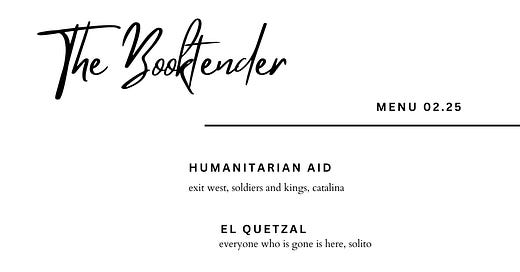


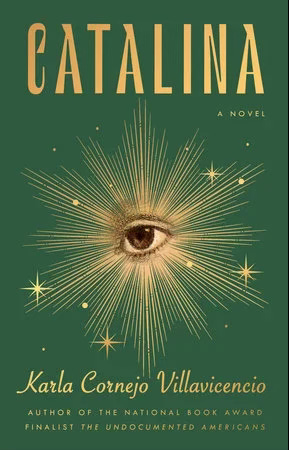
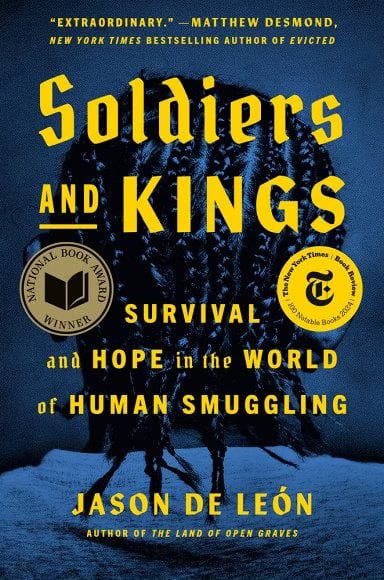
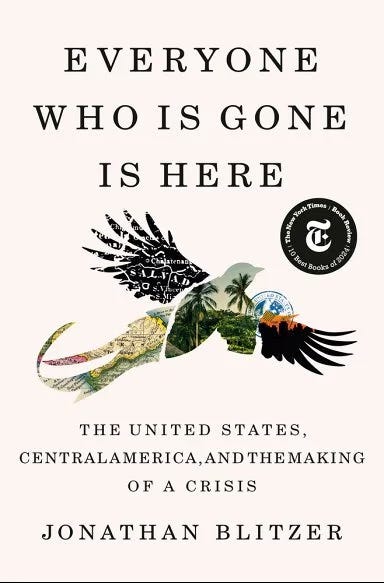
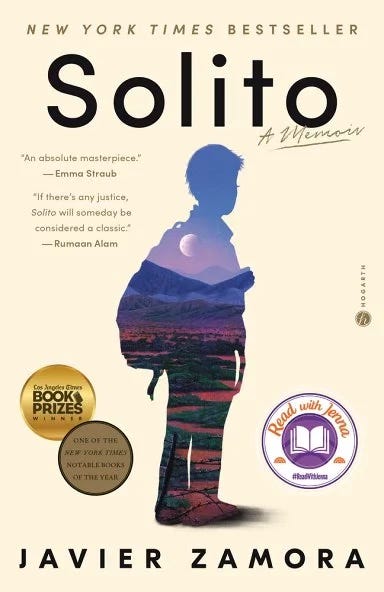
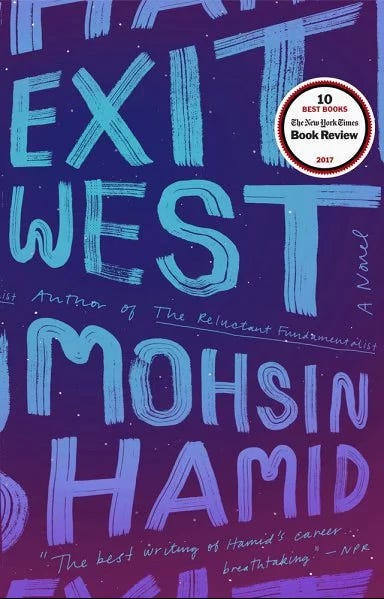


“Responding is only a secondary purpose of reading.”
This feels very apt for where I am right now. I’m so grateful for this list, finding myself recently drawn to border-stories. Solito is incredibly moving and sounds like Signs Preceding the End of the World will be next.
Any tips for taking on a lengthy non-fiction work like Everyone who is Gone is Here?
I put up my USA flag on President’s Day and many other holidays (some beyond the Federal holidays).